fakenews
Latest
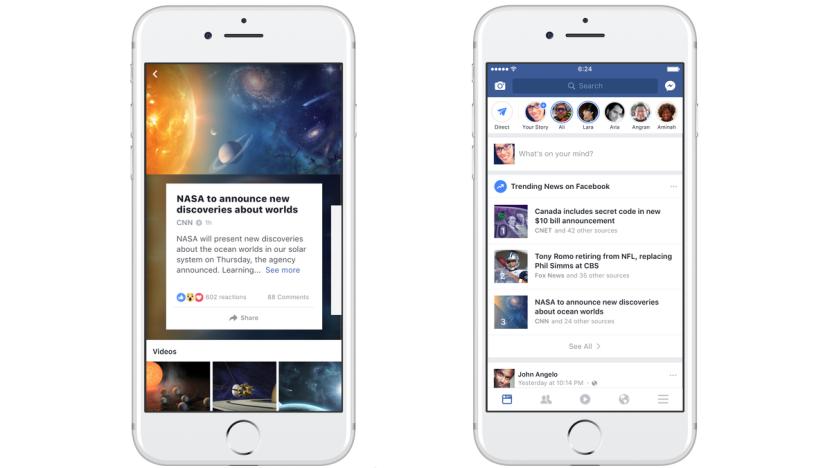
Facebook redesigns Trending topics in its war on filter bubbles
The fight against filter bubbles is on. Facebook's latest redesign focuses on its Trending news section, and it's a direct attempt to combat the "filter bubble" effect that happens in many users' timelines. The update changes the results page when you click on a Trending topic -- instead of a single news source, you'll see a carousel of publications writing about that item.
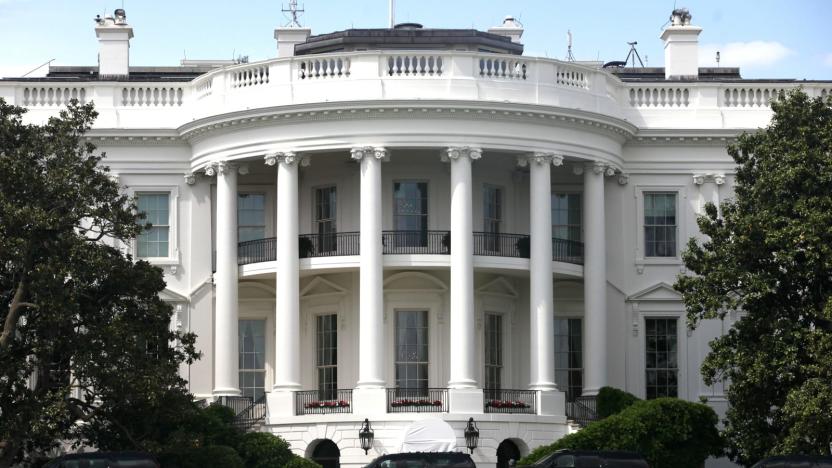
House Science Committee asks Trump to stop relying on fake news
Donald Trump, science skeptic and 45th president of the United States of America, woke up to a message (PDF) this morning from some of his harshest critics. Members of the House of Representative Committee on Science, Space and Technology have issued a letter expressing their concern for the future of the country. Specifically, they question how Trump can effectively govern when he relies so heavily on unverified information and shows blatant disregard for scientific fact.
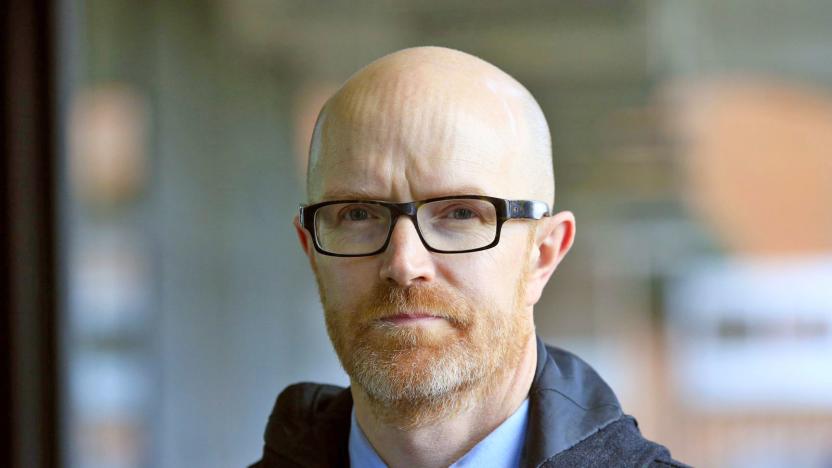
Facebook purges thousands of fake profiles ahead of UK election
Facebook has doubled its efforts to tackle fake news in the UK. As the nation heads towards a snap general election, the company has removed "tens of thousands" of accounts which it believes were involved in the spread of misinformation. The crack-down is attributed to new detection tools, first announced in April, which can spot suspicious patterns of activity, including repeat posting and sudden spikes in post volume. Tackling these bogus accounts will, as a byproduct, curb the spread of spam, fake news and other "deceptive content," Facebook claims.

India is cracking down on dissidence posted to WhatsApp
India's hardline stance against spreading misinformation on social media is getting real. An administrator of a WhatsApp group has been arrested following accusations that he altered a photo of prime minister Narendra Modi "to look ugly and obscene," according to regional publication News18. It follows a recent ruling passed by Indian officials that prohibits social media posts that are fake, contain rumors or that could cause "religious disharmony" -- something similar to what Malaysia has passed.

Facebook topics could be the antidote to news echo chambers
Facebook, like Twitter, can often serve as a personal echo chamber. Users add people they have things in common with, while following and Liking pages that they perceive to be trustworthy. As the debate around fake news continues, the social media giant is testing a new way of surfacing information that a user may otherwise not see. It's called "Topics to Follow" and it works by delivering content from a number of publishers based around a specific theme, rather than a specific outlet.

Recommended Reading: The genetics of better beer
You Want Better Beer? Good. Here's a Better Barley Genome Adam Rogers, Wired The beer industry certainly isn't hurting for money these days, but a group of scientists are trying to figure out how to make the beverage even better. They're doing so by breaking down the genome of barley, a key ingredient in the brewing process that that turns starch into sugar for yeast to transform into alcohol during fermentation. Wired has the story of how the geneticists could be on the way to improving suds for all of us to enjoy.
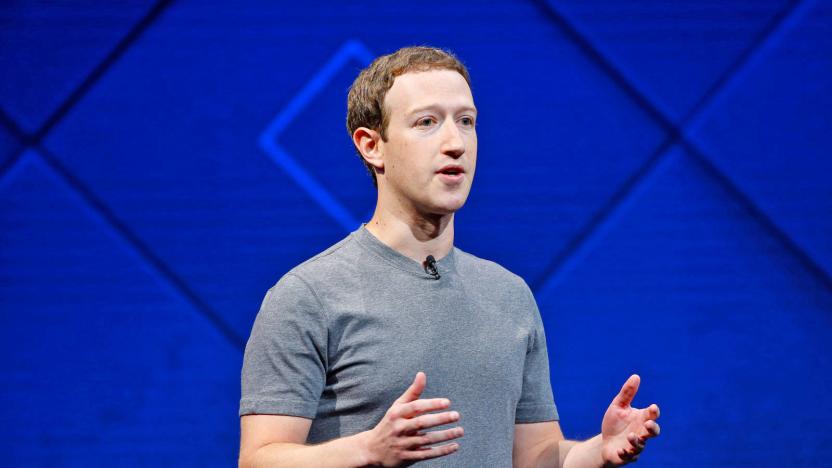
Facebook report admits foreign governments are influencing discourse
On the same day Facebook released its report on global government requests for the second half of 2016, its Threat Intelligence team announced new steps the social giant is taking to combat so-called "Information Operations." The report is tacit acknowledgment that foreign governments are manipulating public opinion on the network to further their geopolitical agendas.

The UK is worried fake news will impact General Election result
UK politicians are worried fake news will have an impact on the outcome of the General Election in June. Speaking with The Guardian, Damian Collins, a Conservative MP and the chairman of the culture, media and sport select committee, has warned that misleading information threatens "the integrity of democracy in Britain." Voters need to be reliably informed, and false reporting could affect their decision at the ballot box. "The risk is what happened in America," he said. "The top 20 fake news stories in the last three months of the election were shared more than the top 20 most shared stories that were true."
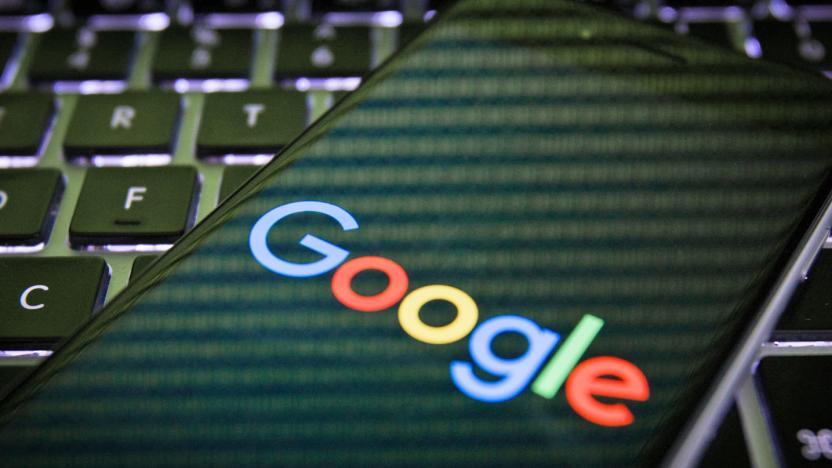
Google refines its search results to curb fake news
Google's quest to fight fake news isn't stopping with identifying bogus stories and an emphasis on fact-checking. The internet giant is rolling out changes to its search results in hopes of curbing both fake news and offensive material. To begin with, it's tweaking its "signals" (such as freshness and the frequency of a site's appearance) to promote more authoritative sources while downplaying the junk. Also, Google's human Search Quality Raters now have new guidelines to help them spot false stories and ultimately influence search algorithms.

Facebook is tweaking the News Feed to make room for fact checkers
In its own way, Facebook is taking responsibility for the spread of misinformation and changing how its products deliver news. The next phase of that is a test that "might" populate the News Feed with articles related to the one all your friends are sharing. As the GIF below illustrates, there's a box below shared news story and it has a handful of links to articles about the same subject, but from different publishers and even fact checkers. The idea here is to give people more information on a topic before they mash the "share" button.

Wikipedia co-founder launches Wikitribune to fight fake news
Wikipedia co-founder Jimmy Wales hopes to tackle fake news with a journalism outfit of his own. Wikitribune will be free to access and use crowdfunding to hire experienced reporters. They'll work alongside volunteers who can sub-edit articles, fact-check stories and suggest new topics for the site to pursue. "This will be the first time that professional and citizen journalists will work side-by-side as equals writing stories as they happen, editing them as they develop, and at all times backed by a community checking and rechecking all of the facts," Wales said.

YouTube will fight fake news by offering workshops to teens
Google is already flagging fake news, but it knows that isn't always enough. People need to recognize what fake news is, too. To that end, its YouTube wing just launched an Internet Citizens program that will teach UK teens to spot fake news through workshops. The day-long gatherings will encourage teens to check facts, escape "social bubbles," deal with hate speech responsibly and use reporting tools. YouTube began the program in Liverpool on April 21st, but it plans to swing by youth clubs in other UK cities over the months ahead.
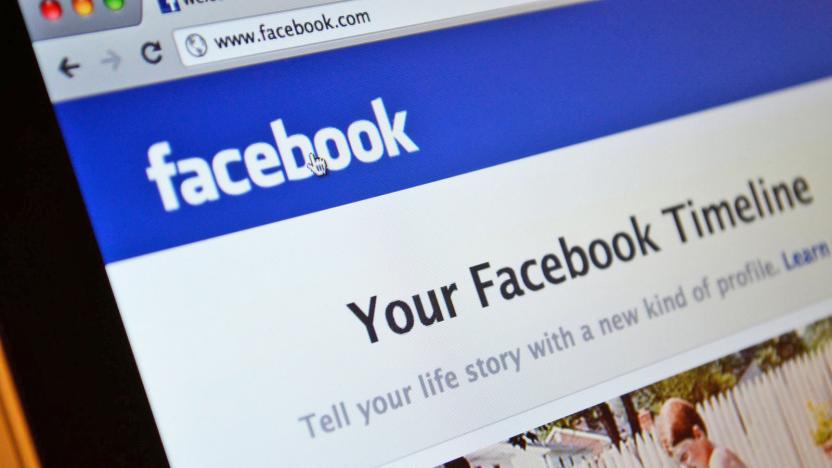
Facebook is now better at detecting fake accounts
Facebook has incorporated some technical changes to its website that make it easier to address one of its biggest problems: spam accounts. According to a blog post by Protect and Care Team manager Shabnam Shaik, the social network can now detect fake accounts more effectively, even ones that may look authentic. The company's upgraded systems identify inauthentic profiles by looking for patterns, such as repeatedly posting the same thing over and over or a sudden spike in messaging activity. Shaik says their systems can do those without looking at the actual contents of users' posts.
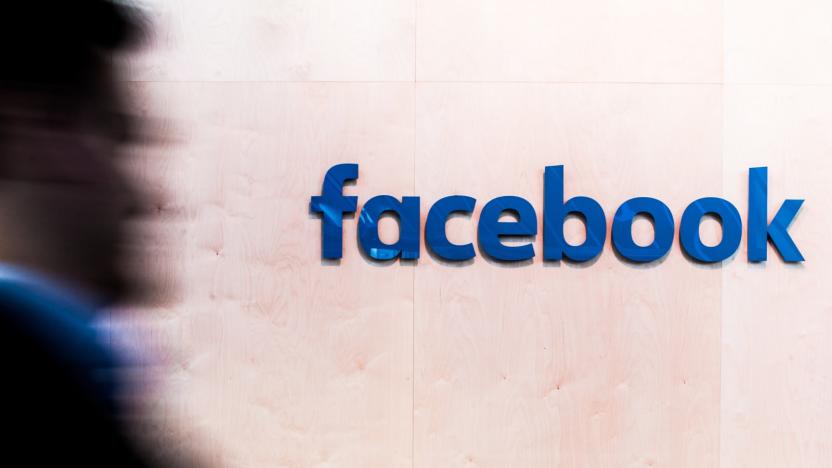
Facebook buys newspaper space to combat fake news
Facebook has splashed out on a bevy of full-page newspaper ads explaining how readers can better identify fake news. As Bloomberg reports, the marketing materials appeared in Bild, Sueddeutsche Zeitung and Die Welt -- among other dailies in Germany -- on Thursday, pushing 10 "tips" for parsing information online. They're timely, given the German government is currently debating a new law that would fine social networks which fail to act on the problem. Specifically, platform holders would be penalized up to 50 million euros (roughly $53 million) if they don't offer proper reporting tools, or refuse to remove illegal content.
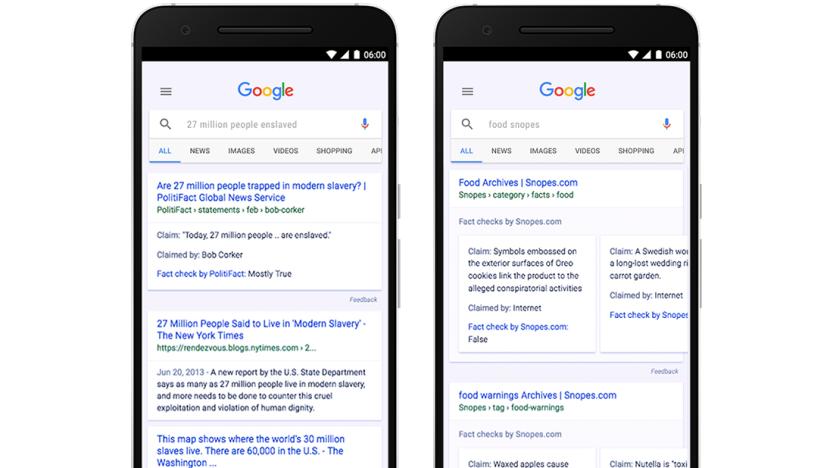
Google will flag fake news stories in search results
Google is taking a stand against dubious and outright 'fake news' by introducing a Fact Check tag in search results. If you ask for information about a highly contested subject, Google will serve a page from a fact-checker site at the top of your results. It's a small breakout box, similar to how Google shows recipes and band discographies. They'll be pulled from publishers like PolitiFact and Snopes, and will show information about the claim, the person who made the claim, and whether they think it's true.
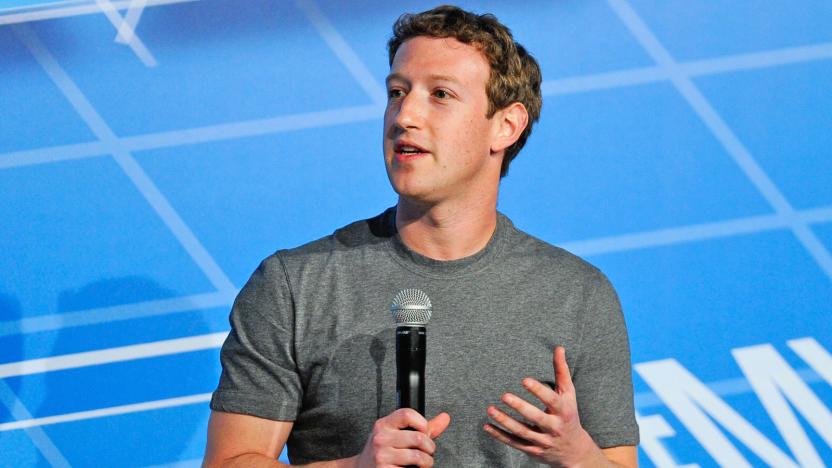
Facebook adds 'educational' guide to counter fake news
Facebook has repeatedly come under fire over the last year as a distributor of "fake news", despite repeated its protests that it isn't a media company per se. The social network has taken a number of steps to push back against the influx of falsehoods, from hand curating articles to rejiggering its news surfacing algorithms, though none have done much to stem the tide so much as give Facebook something to crow about. On Thursday, the company continued that trend by introducing an "educational tool" that will live at the top of the newsfeed and provide tips on how to spot false reports.

UK newspapers want Facebook and Google probed over 'fake news'
The UK's newspaper industry is calling on the British government to investigate Google and Facebook's role in the controversial rise of 'fake' news. Responding to an inquiry set up by the Culture, Media and Sport Committee, the News Media Association (NMA), which represents both local and national newspapers, advised MPs to call on both companies for questioning. Grilling representatives in person would, it argued, help ministers to understand how important news is to their business models, and how their algorithms are being manipulated by fake news sites.

Facebook now flags fake news
After taking heat for months in the run up to the presidential elections, Facebook has been cracking down on fake news spreading through its social network. The company recently began using third-party fact-checkers and gave its users the ability to manually report fake news posts. Late last week, the company announced that it will soon include "Disputed" labels for these false reports as well.
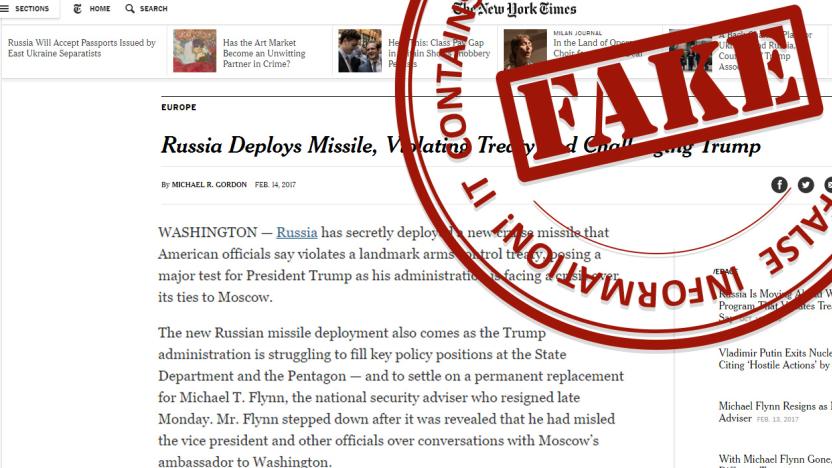
The Russian government has its own 'fake news' watchdog site
In Russia's heavily state-controlled media landscape, the government wants to make it clear when Western news outlets publish work it disagrees with. As Newsweek reports today, the Russian Ministry of Foreign Affairs has launched a "fake news" tracking page, which emblazons a comically large, red "FAKE" stamp on articles it deems untrue.

University offers course to help sniff out and refute 'bullshit'
Not only is fake news everywhere, but its purveyors call genuine news fake, making it doubly hard for the average person to know what's real and what's Inception. For example, President Donald Trump recently made up a terrorist attack in Sweden, and when the nation's former PM called bullshit, he said the refutation itself was "fake news." Luckily, there's now a course at the University of Washington, "Calling Bullshit in the Age of Big Data" that helps you find bad information and show others why it's bad.









